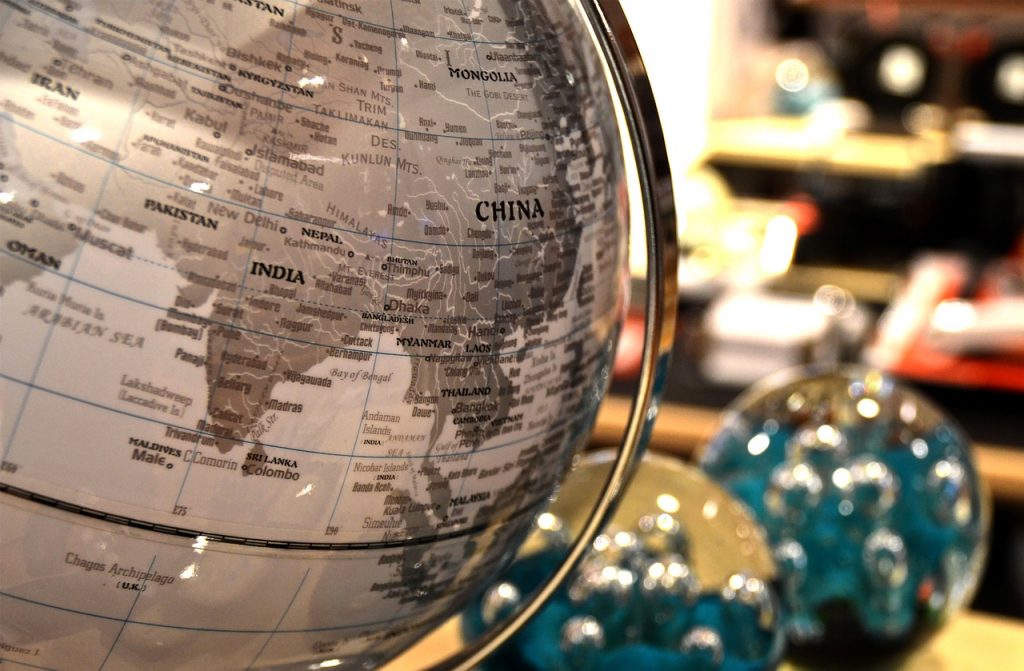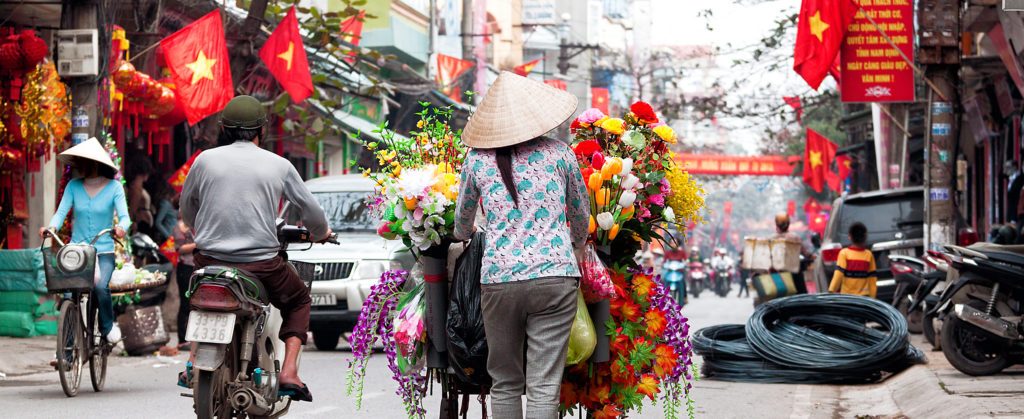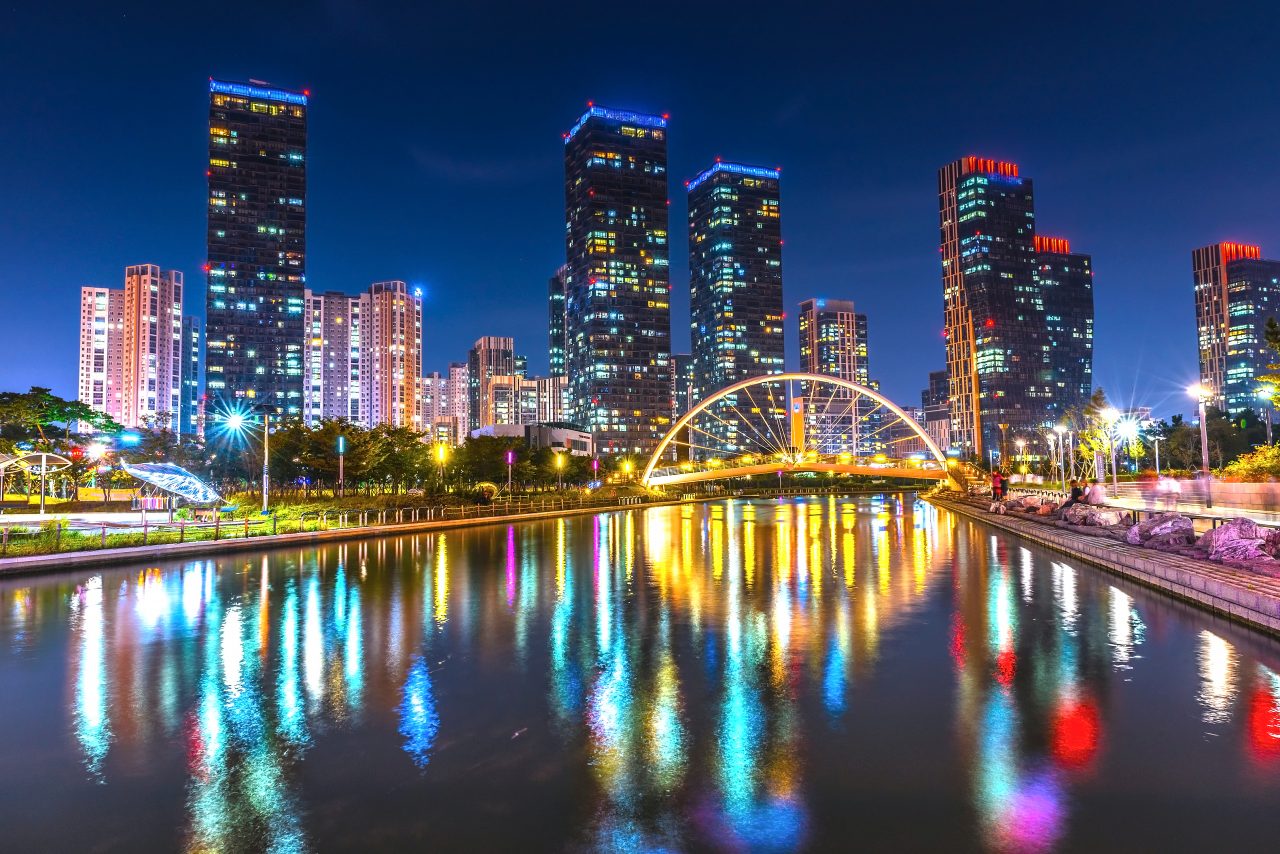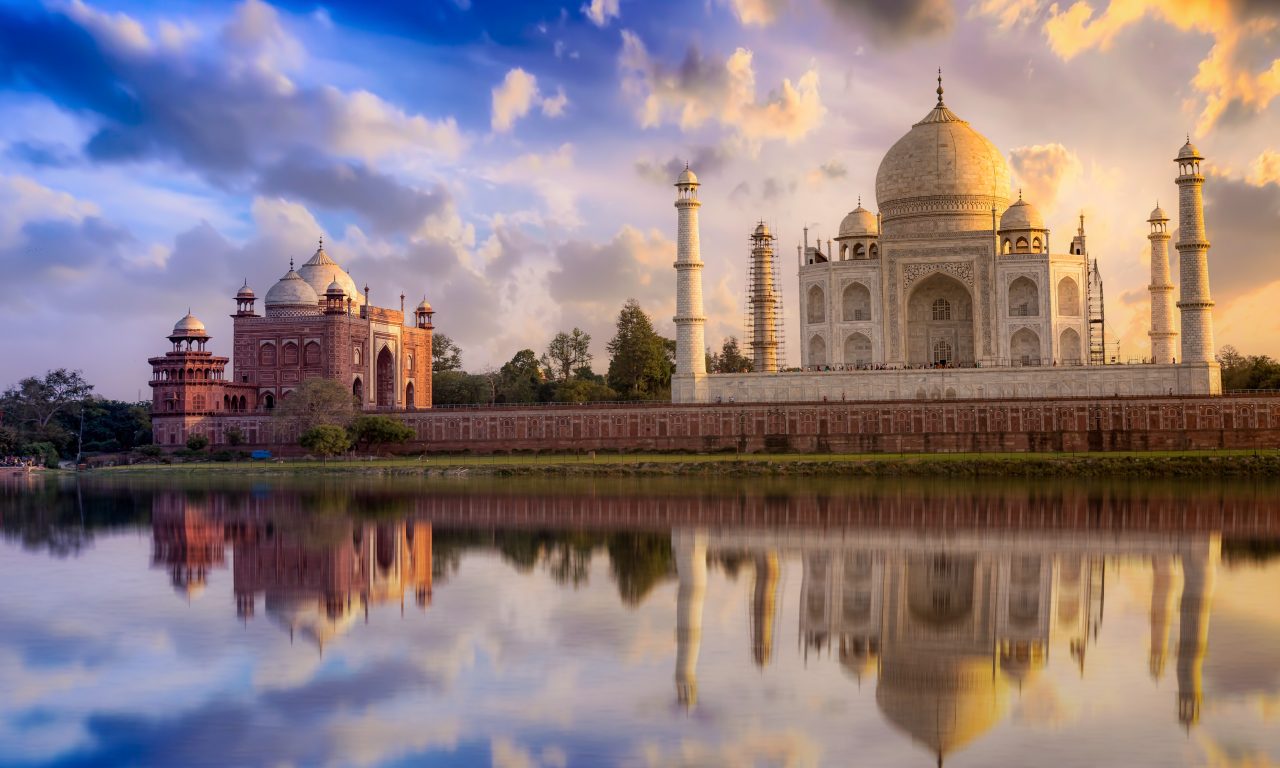Join GlobalBizzNetwork and start your international business network today.
Mongolia
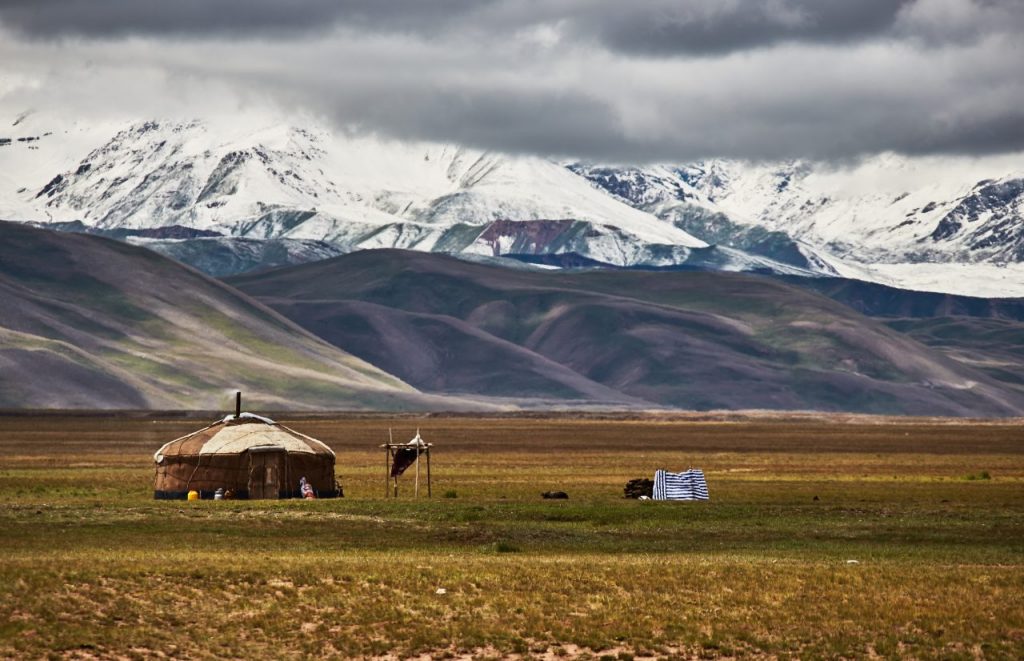
Mongolia, situated in east and central Asia, is more than 6 times the size of the UK. Its population of only 3.1 million makes it the most sparsely populated independent nation in the world. Nearly half of Mongolia’s population lives in its capital Ulaanbaatar.
Mongolia is continuing to develop its systems of business law, taxation, banking, and external links to the international business community and, most importantly, a market economy. Entering Mongolia presents, however, a unique challenge to business people when attempting to assess real business risks and to make reality-based decisions rather than relying on perceptions. Abundant natural resource wealth and agricultural production make Mongolia’s population one of the potentially richest countries per capita in the region. However, converting this potential into reality requires many critical factors to function in concert. Attracting and protecting investors is among the most critical of these factors.
Benefits for foreign businesses exporting to Mongolia
- expected to be one of the fastest growing economies in the world in the next few decades
- freely convertible currency
- rising number of English language speakers among younger generation
Strengths of the Mongolian market include:
- a well educated population with 97.4% adult literacy rate
- the high proportion of Mongolia’s population which is under 40 – over 72% – and open to new products, services, and ideas
- flexible regulations relating to foreign ownership possible
- the lowest utilities costs in the region
Challenges of doing business in Mongolia
The main challenge for foreign companies exporting to Mongolia can be costly logistics, due to the fact that Mongolia is a landlocked country.
Other challenges include:
- frequent corrections and amendments to laws and associated regulations
- inconsistent application of established laws and regulations
- language barriers
- bureaucracy
Growth potential in Mongolia
Mongolia is a ‘lower middle income’ country with a Gross Domestic Product (GDP) of $11.03 billion. Its economy is highly dependent on trade with China and world commodity prices.
Over 79% of Mongolia’s imports and exports are traded directly with China.
The mining sector accounts for 20.7% of GDP. About 70% of Mongolia’s exports are minerals, including copper, coal, gold, silver and uranium.
The Mongolian economy has stagnated due to:
- a fall in commodity prices
- the slowing down of the Chinese economy
Mongolia does not impose export taxes. China has provided a ready market for much of Mongolia’s mineral exports as there are no duties. Mongolia can serve as a gateway to nearby markets if you have a Mongolian partner, or are part of a joint venture. Mongolia and Japan have signed an Economic Partnership Agreement which exempts 9,300 products from duties when exported from Mongolia to Japan.
Top goods and services imports into Mongolia
Goods:
- distillation products and mineral fuels, including oil
- vehicles (other than railway or tramway vehicles)
- boilers and other machinery
- electrical and electronic equipment
- iron and steel
- pharmaceuticals
- plastics and plastic products
- miscellaneous edible preparations
- rubber and rubber products
- furniture, lighting, signs and prefabricated buildings
Services
- transport
- travel
- business services, such as consultancy, technical services and research and development (R&D)
- construction services
- financial services
- communications services
- insurance services
- computer and information services
- government services
- royalties and licence fees
Opportunities for businesses in Mongolia
- mining
- oil and gas exploration and extraction,
- supply of equipment and expertise
- mining related infrastructure such as rail and power plants
- financing of mining projects
- other financial, professional, legal and consulting services

